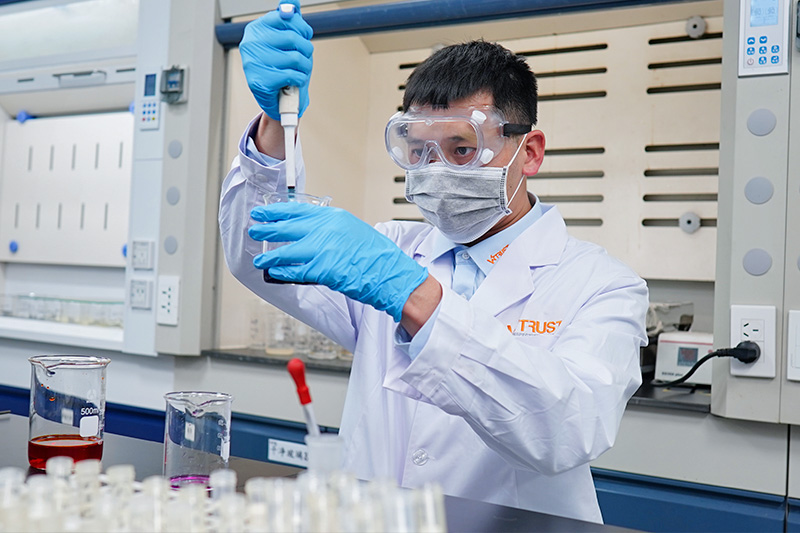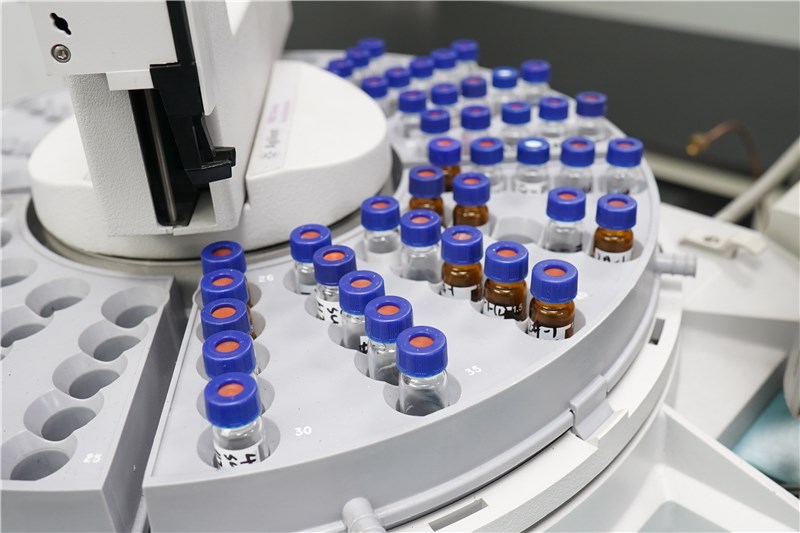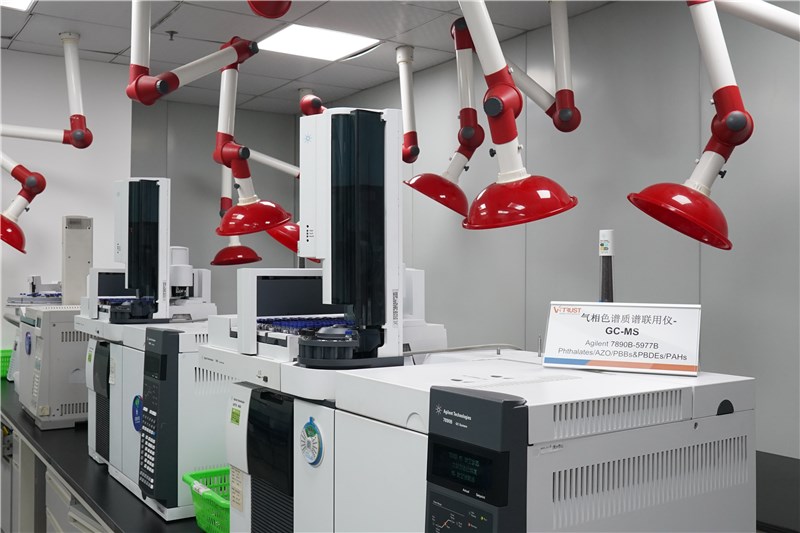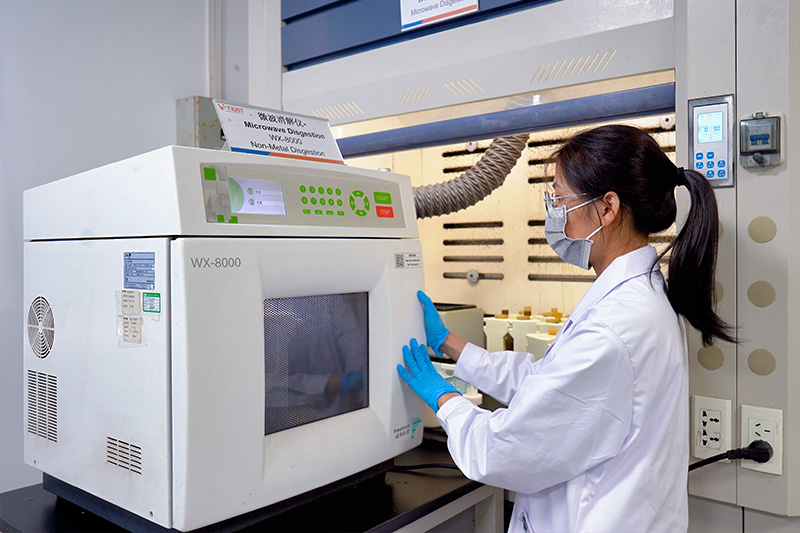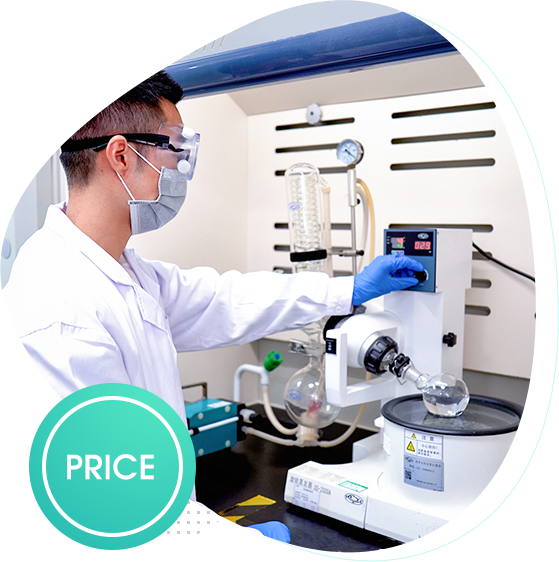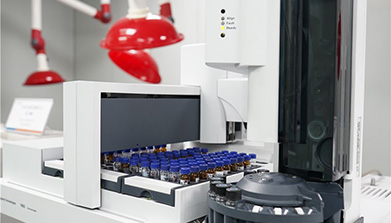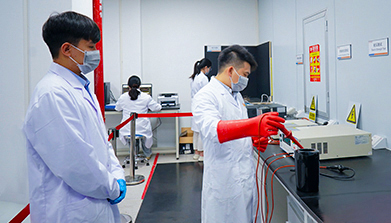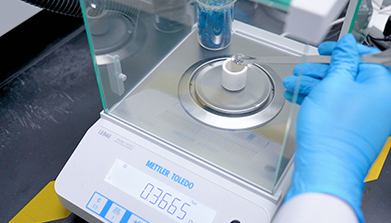Persistent organic pollutants (POPs) are chemicals of global concern due to their potential for long-range transport, persistence in the environment, ability to bio-magnify and bio-accumulate in ecosystems, as well as their significant negative effects on human health and the environment.
POPs are regulated worldwide by the Stockholm Convention and the Aarhus Protocol. These international treaties are implemented in the European Union by the POPs Regulation.


